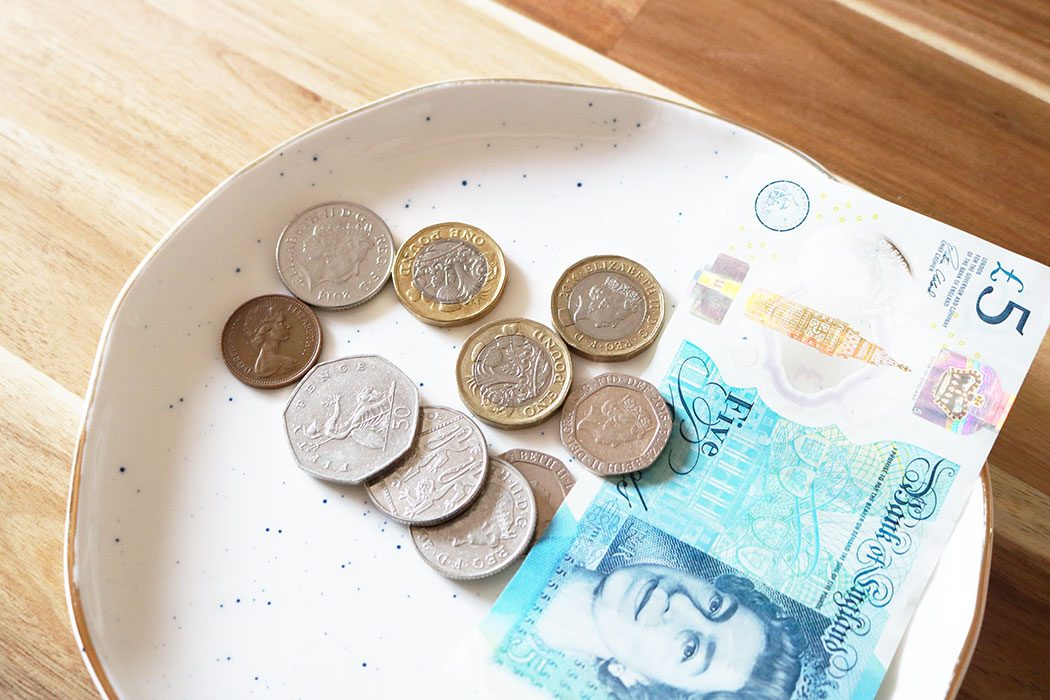Financial responsibility is skill – a vital one, and a difficult one to learn. Financial literacy in general is a sore point in the UK, particularly at the height of a difficult time where even the shrewdest of savers are feeling the pinch.
The current cost-of-living crisis should illustrate more clearly than ever the importance of setting the next generation up for the future. This can mean having difficult conversations about money, and doing your best to teach them how to manage money well to avoid debt or difficult. How can you start this kind of curriculum at home, though?
The Value of Money
Any discussion about finances and financial responsibility needs to start with the absolute basics. The value of money is a concept that we take for granted, but is something that you will have to teach your children. Counting, and knowing the amounts of things, is a good start but does not engage with the concept of currency; how might you show your children what money does?
One possibility might be to involve them in your daily or weekly shopping. Alternatively, you could play pretend with them at home, using the opportunity to discuss how money is divided and how objects have value. This way, they’ll establish an early link to money as a resource to be kept carefully.
The Power of Saving
Next, you can introduce the concept of saving money. Compound interest and capital gains yields are naturally unsuitable topics for younger children, but you can start with the notion that saving money means holding more value, and the option to buy more valuable things.
Here, you could introduce your children to the concept in a real-world practical manner. You could open a bank account on behalf of your child, and deposit a small amount of money into it each week as their pocket money. They can watch their balance grow over time, perhaps towards the value of a toy or item of clothing that they’ve been asking for.
Rewarding Independence
At some point, you could give your child direct control of their own bank account. Here, they might learn an important lesson about independence and financial responsibility, either from you or by mistake. They might overspend on sweets after school, and discover they are saving slower or cannot afford something else they want. You might also reward them for positive financial responsibility, with a bonus for saving to a certain goal or exercising restraint when given the opportunity to buy something.
The Boring Stuff
As your child gets older, more pressing and pertinent questions will arise about the more complex financial mechanisms of the UK. Schools have been notoriously poor at educating students on the basics and essentials of personal finances and economics, with topics such as tax, National Insurance and mortgages rarely broached.
As such, you might take it upon yourself to start education on these more difficult aspects yourself, whether as a brief at-home maths lesson or through stories of your own achievements – be they buying your first home or filling out your first self-assessment tax return.





